Do you have a favourite brand? A favourite company? You don’t have to be their biggest customer, but you like what they’re doing and if a product or service like the one they offer, you’ll likely look at them first.
Was the business you’re thinking of a B2B company?
Probably not – you might know about Monday.com, SquareSpace, Shopify or WordPress, but that will most likely be because you use their product. In the B2B marketing world, investing your marketing budget into building up your brand’s reputation might seem pointless when you can just put the money into Google Ads and get as many clicks as possible – after all, PPC is the best way to generate leads... right?
Brand awareness is the idea of building up your audience’s familiarity with your brand. You can measure it – sort of – through the number of visitors to your website or followers you have on your social media channels, how many impressions your social posts get, or how many active emails you have in your database.
We say “sort of” because these stats aren’t always perfectly reflective of your audience’s familiarity with your brand – stats like open rates on emails or engagement/interactions with your posts are still hugely important to determining whether your brand is popular. These stats will do a better job of showing whether your audience is recognising your business however it’s still very difficult to quantify brand awareness through statistics.
And brand awareness is as difficult to quantify for customers as it is for businesses. You see adverts for hundreds of organisations, businesses and charities every day and very few will actually stick in your mind without a good jingle or unique hook. Do you think you could describe what happened in the last Specsavers TV advert you saw? I’m guessing not. But if I show you this picture what’s the first thing that comes to mind?
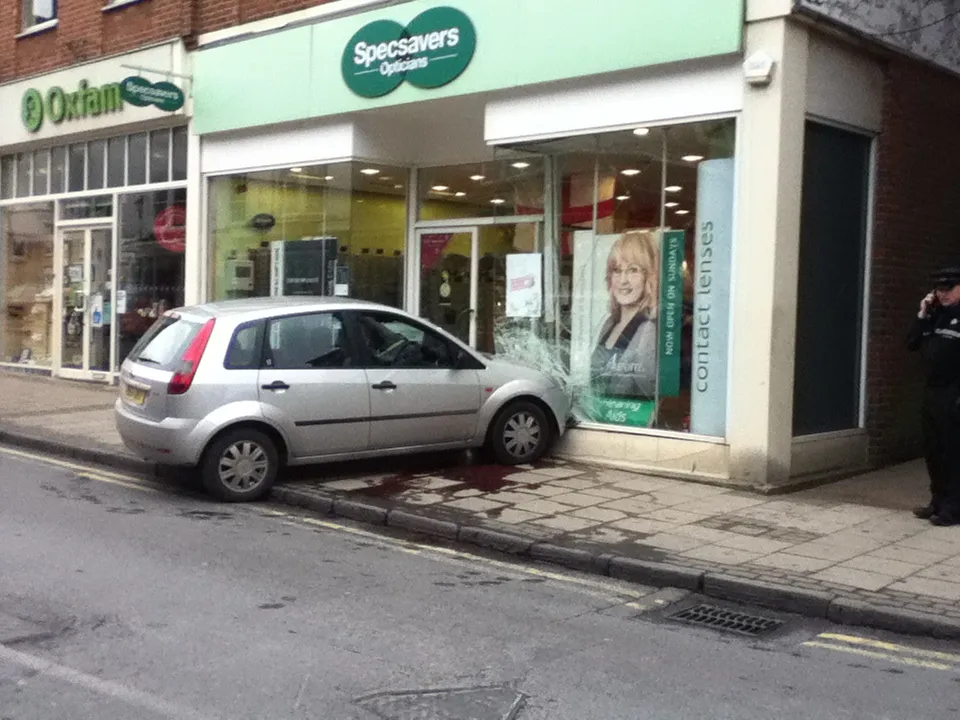
Of course, big brands like Specsavers have millions in marketing and are happy to cast a huge net with TV ads, billboards and bus ads. For B2B businesses, the scope is rarely that wide.
What’s the point in building brand awareness?
Well, let’s start with a question – why does your business have a logo? Is it just because everyone else has one? In which case, why didn’t you just go with something like one of these:
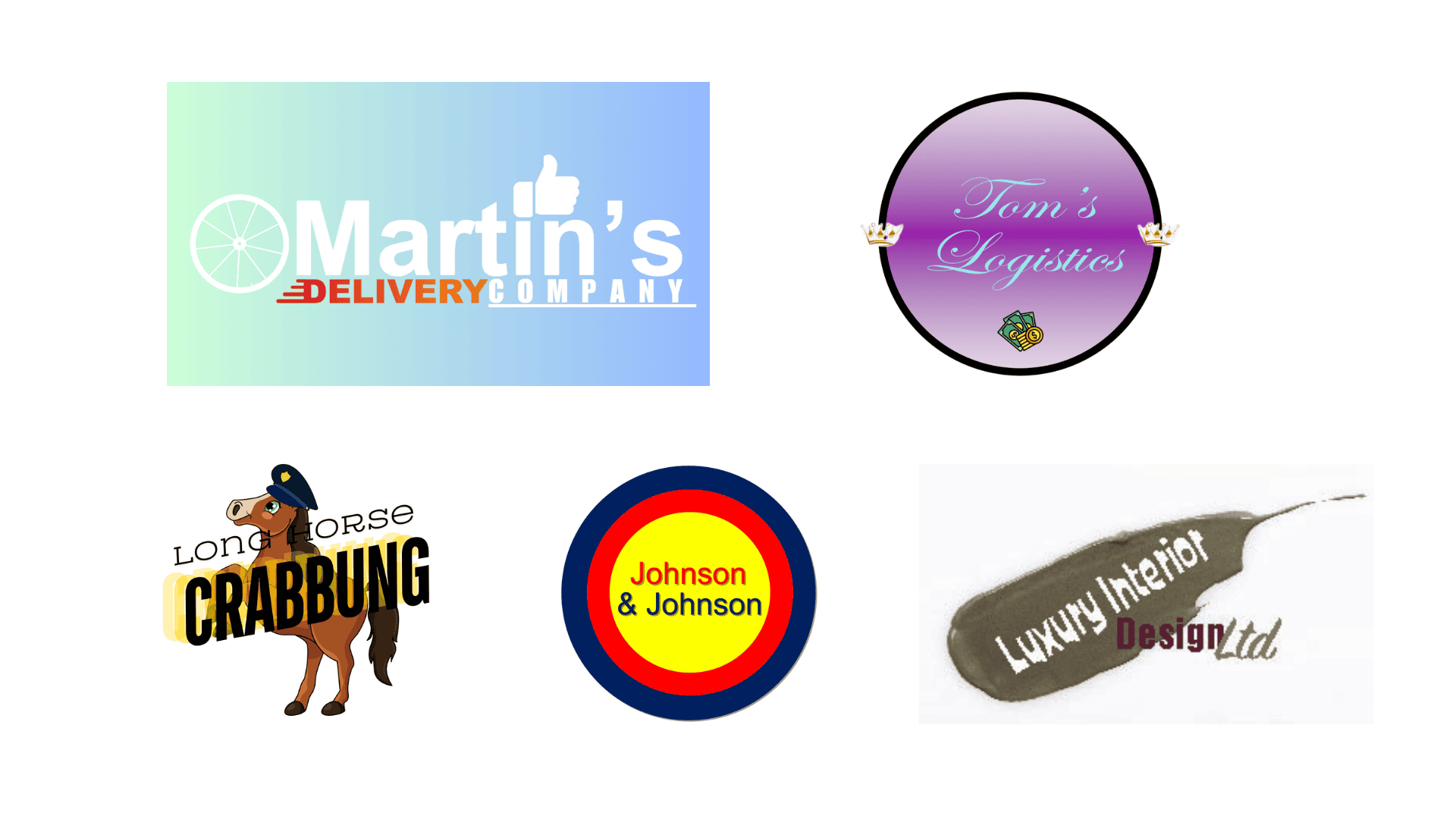
It’s probably for one of three reasons:
- It’s boring (or it's TOO interesting)
- It doesn’t fit your brand or communicate your business
- It either looks like everything else or looks WAY too far out there
A logo is a small part of your overall branding, but a good logo can communicate a lot about your brand.
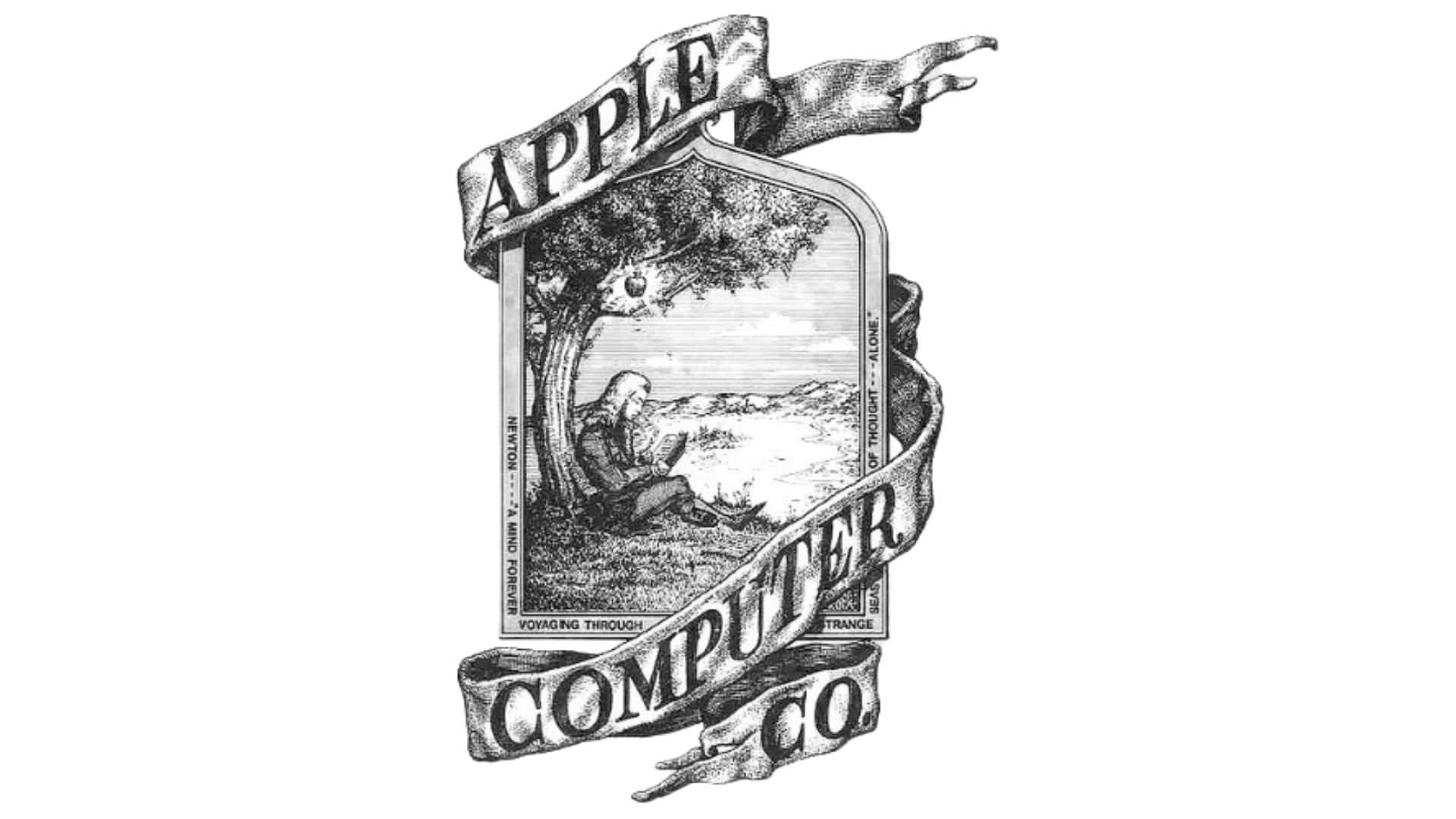
What does a logo like this communicate? Certainly not computing, style or innovation – all things Apple is so well known for today (Yes, this is Apple Computer’s real logo in 1976). Having a logo that can quickly communicate the ideas and concepts around your business is vital – if you’re offering a premium service you don’t want your logo to look like this:
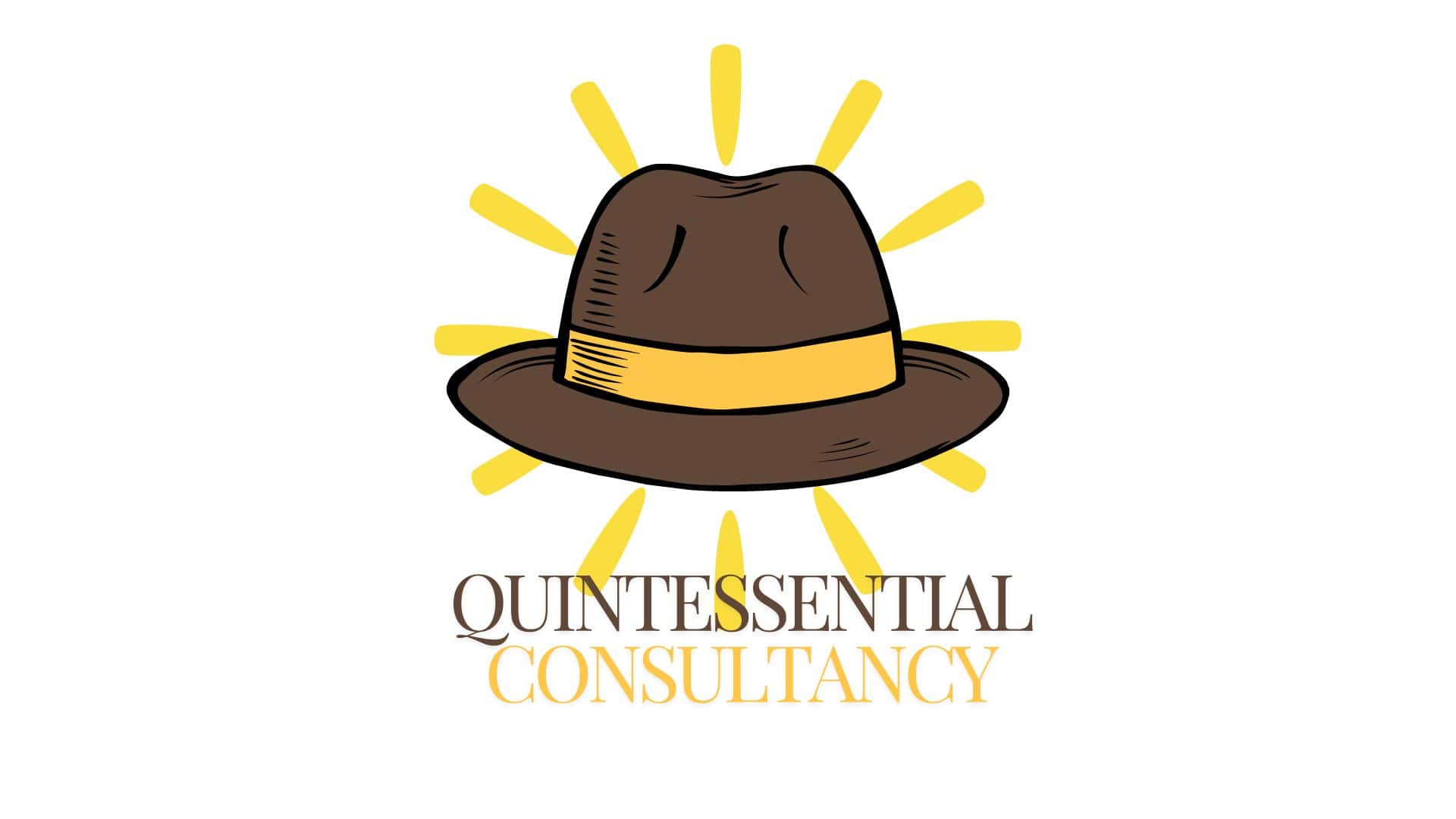
You want something that says as much as it can about your brand – even if it might seem abstract. And this should follow into all your branding, including imagery, language and even colours; which all have a huge influence on people’s perception of brands..
Would you feel comfortable scrolling on Facebook or LinkedIn if their main colour was red? Would you think “Eat Fresh” if Subway’s colours were pink and grey instead of yellow and green? Would McDonalds stand out as much with a blue and white logo?
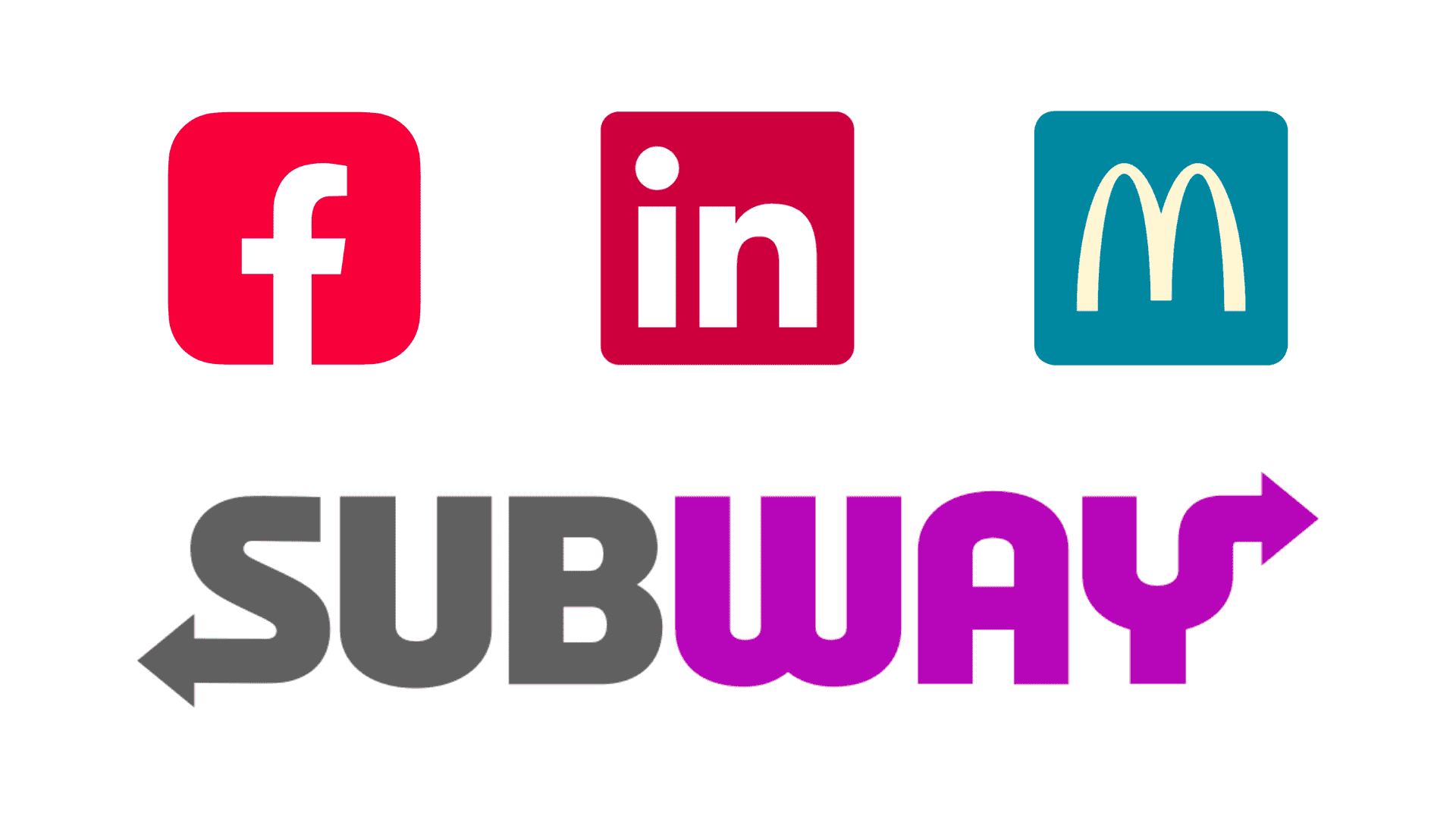
If you’re second-guessing your brands colour choices – we recommend looking at this table put together by Carleton University’s Print Shop.
Branding isn’t the only way to communicate concepts around your business to your audience, what you share on social media shouldn’t just say “You can buy our product/service at this link:” because people already know you have a product.
What they don’t know is, what it does, how it solves their problems, how your business supports them whilst they use it, who their point of contact will be, if they can afford your product/service, or whether they even want to support your business.
Ways to build brand awareness?
Social media is the biggest opportunity to build up brand awareness and to communicate directly with prospects – and by simply being active on social media (not just posting but also liking, following and commenting on other channels), you’re taking a massive leap ahead of all of those who don’t do that.
If you can build up a following and give them something to engage with, whether it’s educational, entertaining or emotional, your business is going to get more visibility than other in your industry. And even though they might not instantly turn into enquiries, at any point they could make the switch from audience to prospect.
The biggest thing to consider when posting on social media is impressions are the most important stat. Even here at Flamingo, we love to see a post get lots of likes and comments, and though it often is a good dictator of post impressions, engagement doesn’t always translate to lots of views.
Branding and social media are two of the key ways to build brand awareness for B2B businesses, but you might still think you’d rather invest in getting high-converting adverts in front of the right audience.
But the highest converting adverts are built on top of a mountain of brand building.
Most people hate getting cold called, but if they’ve seen dozens of your social posts, if they’re connected with you on LinkedIn, if they’ve visited your website before, it’s not really a cold call – and they may be more inclined to engage with you over the phone.
It’s exactly the same with paid advertising. You’re much less likely to waste money on clicks that don’t convert if you’ve put effort into making sure the audience you’re targeting is familiar with how your business can support them.
Just look at influencer and community marketing. They are such powerful tools when it comes to generating new leads because that influencer or community has already done the leg work in building trust with an audience. By making your brand more familiar to a wide-ranging audience, you’ve already taken extra steps towards trust building – you’re not a stranger to someone if they’ve read an article about you, seen your business on social media or had an email from you.
Brand awareness is an investment, and it does take time to move forward, but even the smallest steps are a great way of making sure you’re ahead of your competitors. The more prospects hear about your business, the more likely down the line you’ll see growth. It’s as true for B2B businesses as it is for any other type of business.
To discuss brand awareness and wider marketing strategies for your business or if you're looking for additional support, feel free to get in touch with us here.
